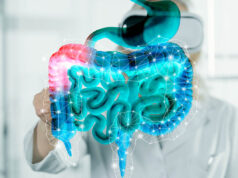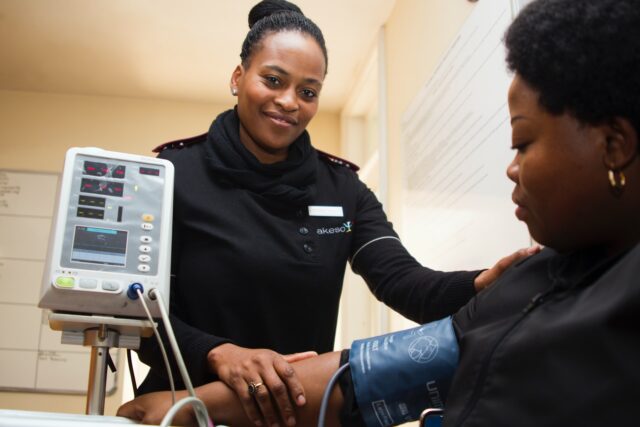
Although our blood pressure fluctuates from time to time, a consistently high blood pressure measurement is not good. When this happens, you might develop hypertension – a disease known as the silent killer because it does not have obvious symptoms. If your blood pressure remains unmanaged, it can lead to other complications: it can damage your arteries, heart, brain, kidneys, eyes, and other organs. The worst case is you might have a stroke.
If you want to lower your blood pressure the natural way (i.e. without any medication), then you have come to the right place. In this article, we will give you 12 tips on how you can do this through a healthy lifestyle so keep on reading to know more.
1. Manage & Reduce Stress

Chronic stress constricts your blood vessels and increases your heart rate. Also, you are likely to smoke, drink alcohol, and eat unhealthy food when you are stressed and all of these can affect your blood pressure. Below are a few recommended ways on how you can reduce stress:
- Listen to music
- Work less
- Have some time to relax and do things that you enjoy
- Do not watch stressful news and avoid things or people who are causing you stress
- Do not set high expectations
Another effective way of reducing stress is through meditation or yoga. Meditation, including deep breathing, can help activate your parasympathetic nervous system which lowers your blood pressure and slows down your heart rate. You can check out mindfulness courses and meditation courses online.
Aside from meditation and mindfulness courses, yoga is also effective in reducing stress and blood pressure.
2. Lose Weight
Your blood pressure increases with your weight. So if you are overweight, we recommend losing weight (especially around your waist) to help your heart pump blood easier. This also allows your blood vessels to contract and expand better.
Men with waist measurements above 40 inches and women with above 35 inches are more at risk of high blood pressure. However, this depends on your ethnic group. We recommend asking your doctor regarding the waist measurement you should target for.
3. Be More Physically Active

Doing exercises regularly is among the most effective ways of reducing your blood pressure. It reduces the force exerted by your blood on your arteries and increases your breathing and heart rates which makes your heart stronger.
Doing moderate exercises for around 150 minutes per week (30 minutes on most days) or vigorous exercise for around 75 minutes is recommended. Walking, jogging, dancing, cycling, and swimming are some exercises you can do.
Take Note:
Be consistent when doing exercises. Otherwise, your blood pressure might rise again.
4. Stop Smoking
Smoking does not only damage your lungs but also your blood vessels which increase the pressure in your arteries. It is a strong contributing factor to heart disease. Each time you smoke, your heart rate and blood pressure temporarily increases and can lead to hypertension in the future because your arteries will become inflamed and narrower.
5. Drink Less Alcohol
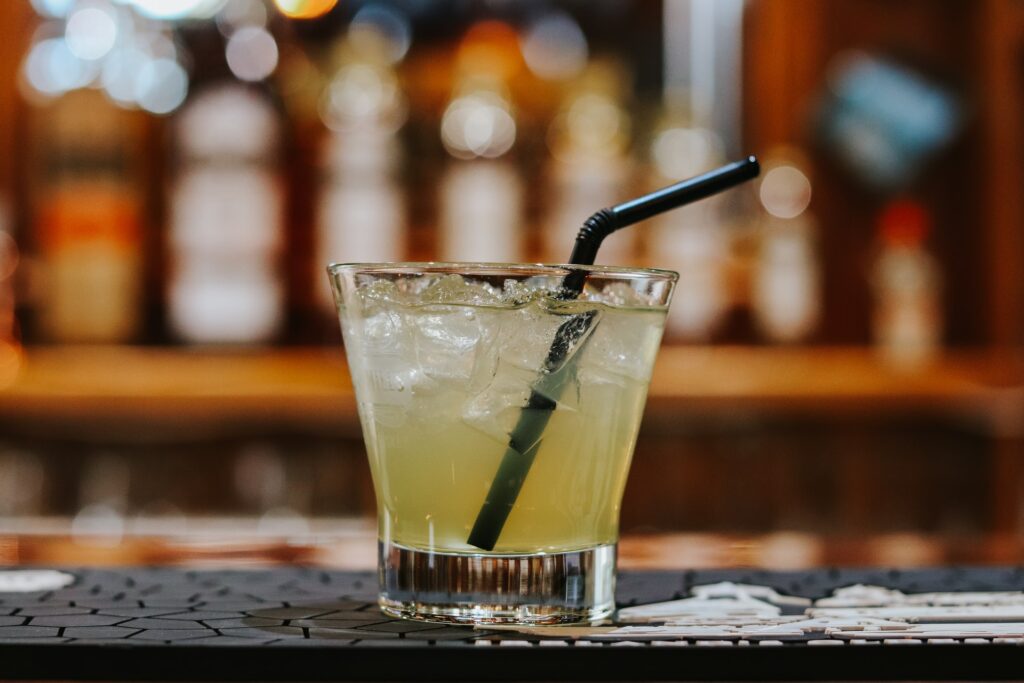
Alcohol has been shown to contribute to 16% of hypertension cases in the whole world. Drinking alcohol has its own benefits but only when consumed in moderation. Women should only have one drink per day while men should only have two drinks a day. Aside from raising your blood pressure, alcohol also reduces your medications’ effectiveness.
6. Take Supplements
Below are the main supplements you can take that are found to be effective for lowering your blood pressure:
- Citrulline
- Hibiscus
- Coenzyme Q10
- Fish oil
- Magnesium
- Whey protein
- Omega-3 polyunsaturated fatty acid
- Berberine
- Aged garlic extract
Take Note:
Always ask your doctor before taking any supplements to avoid any problems with your medications.
7. Try Medicinal Herbs
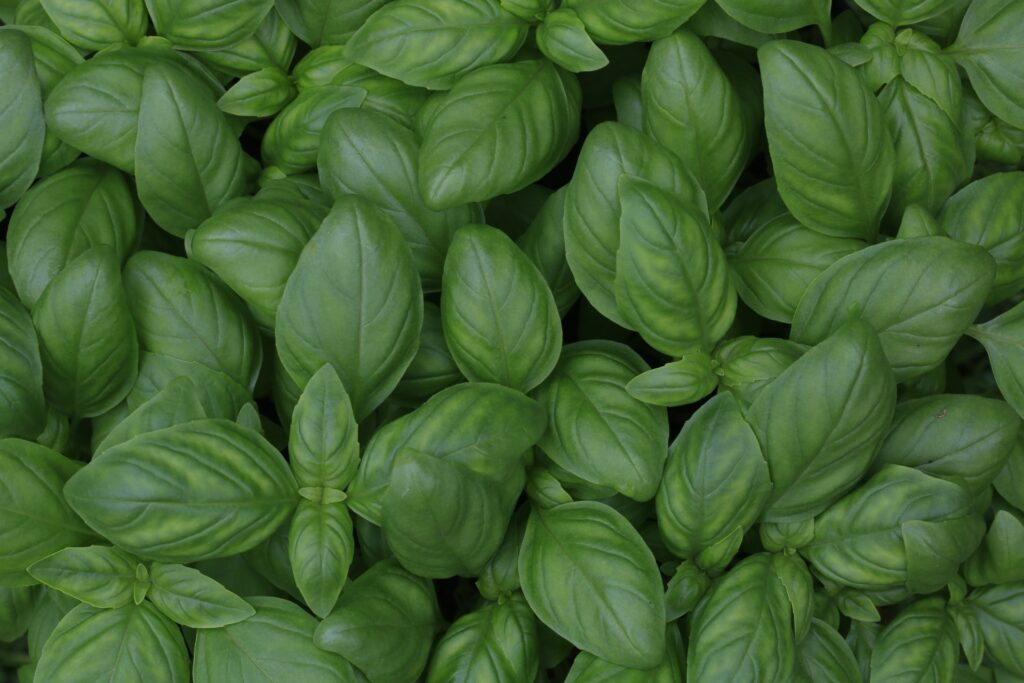
You can also try these herbs and plants to lower your blood pressure:
- Cat’s claw
- French lavender
- Celery seed
- Hawthorn
- Ginger
- Garlic
- Cinnamon
- Basil
- Cardamom
- Turmeric
- Ginkgo Biloba
- Passionflower
- Hibiscus
8. Eat Magnesium-Rich Foods
Magnesium helps in relaxing your blood vessels. Magnesium is found in:
- Whole grains
- Meat
- Chicken
- Legumes
- Dairy products
- Vegetables
- Pumpkin seeds
- Almond
- Spinach
- Cashews
- Black beans
- Soymilk
- Peanut butter
- Avocado
- Potato
9. Eat High-Protein Foods
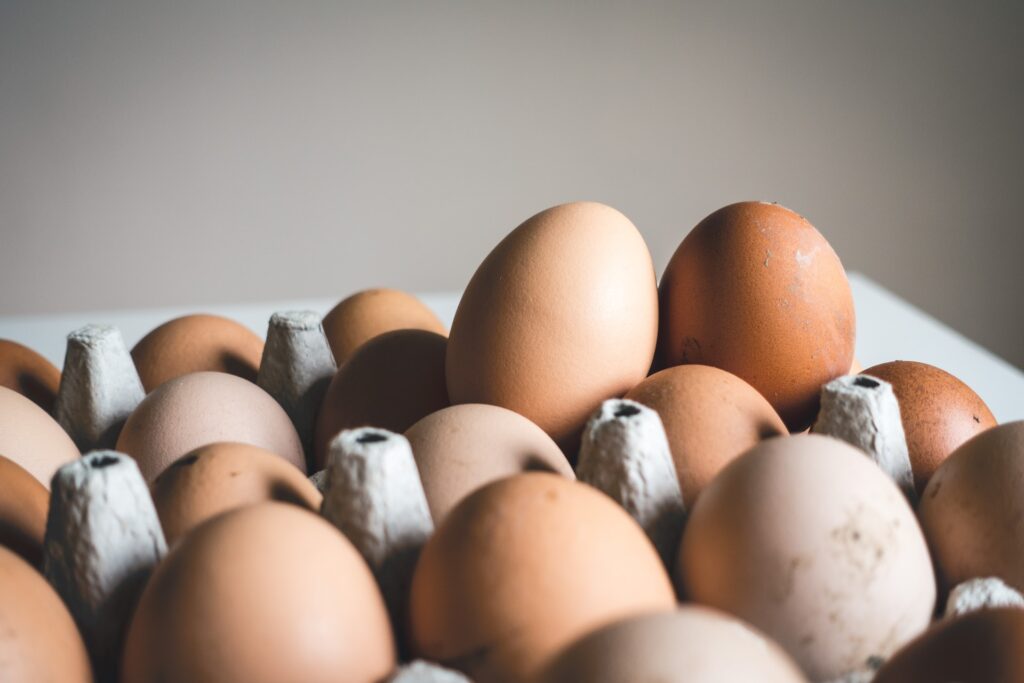
Foods high in protein can lower the risks of developing hypertension. But, take note though that this may not be ideal for everyone. You need to ask your doctor first if a protein diet is ideal for you.
- Eggs
- Almonds
- Chicken Breast
- Oats
- Broccoli
- Lean Beef
- Milk
- Cheese
- Greek yogurt
- Fish
- Pumpkin seeds
- Shrimp
- Peanuts
- Brussels sprouts
- Turkey breast
10. Eat Calcium-Rich Foods
If your calcium intake is low, you have a big chance of developing high blood pressure. Eat calcium-rich foods to normalize your blood pressure. These foods include the following:
- Waffles
- Grains
- Bread
- Fortified soymilk, orange juice, and cereals
- Soybeans
- Collard greens (e.g. spinach, turnips, kale, and collard)
- Cheese
- Yogurt
- Sardines
- Milk
- Kale
- Broccoli
- Bok Choy
- Figs
- Seafood (sardines, salmon, shrimp)
11. Eat Cocoa or Dark Chocolate
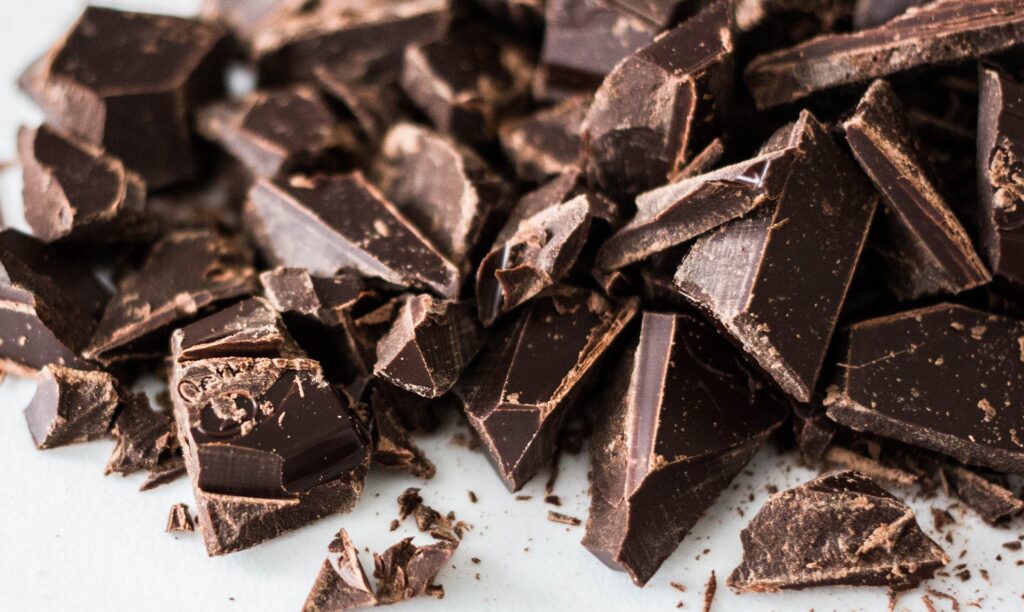
Do you love dark chocolate? They can help lower your blood pressure too. They are rich in flavonoids that can dilate your blood vessels and decrease inflammation. Thus, lowering the pressure in your blood vessels. However, the chocolate needs to be around 60% to 70% cacao. If you opt for cocoa, we recommend using non-alkalized ones because they do not have added sugars.
12. Less Sodium, More Potassium
Our last tip would be to reduce your sodium intake and eat potassium-rich foods. Potassium lessens sodium’s effects on your blood pressure. To reduce your sodium intake, you can:
- Eat and drink foods and beverages with low sodium content.
- Don’t add salt to your food. You can use herbs and spices.
- Refrain from eating processed food.
Here are some potassium-rich foods:
- Fruits (grapefruit, apricots, bananas, oranges, honeydew, cantaloupe)
- Vegetables (Leafy greens, pumpkins, zucchini, broccoli, cucumbers, peas, potatoes, etc.)
- Dairy products (yogurt, milk)
- Fish (trout, tuna, rockfish, halibut, cod)
- Legumes
Conclusion
It is true that high blood pressure cannot be cured. However, you can control your measurements as well as decrease your risk of stroke and heart disease if you live a healthy lifestyle. Aside from the tips we have mentioned here, we also recommend buying a reliable home BP monitor to keep track of your blood pressure regularly. You can check out Raycome’s BP Monitor here, it’s one of the best in the market.



